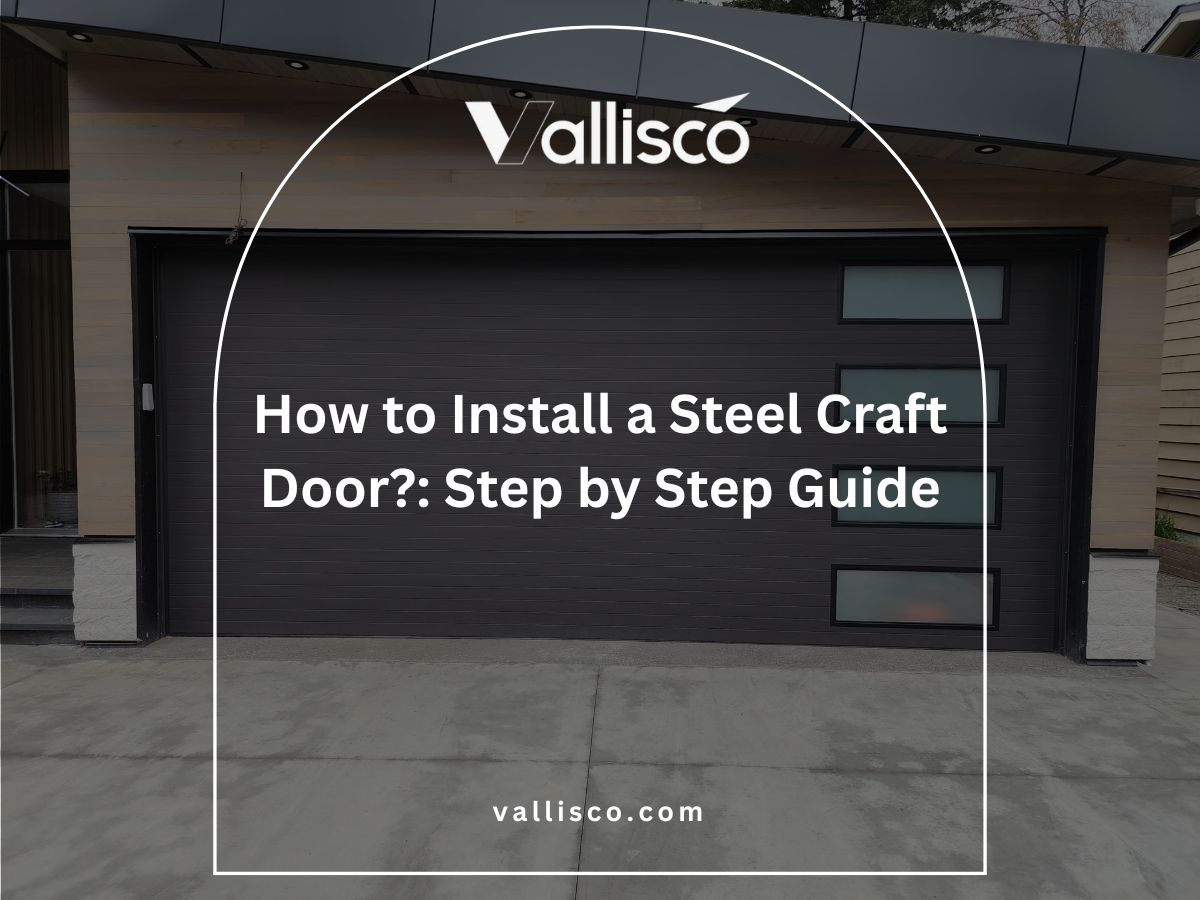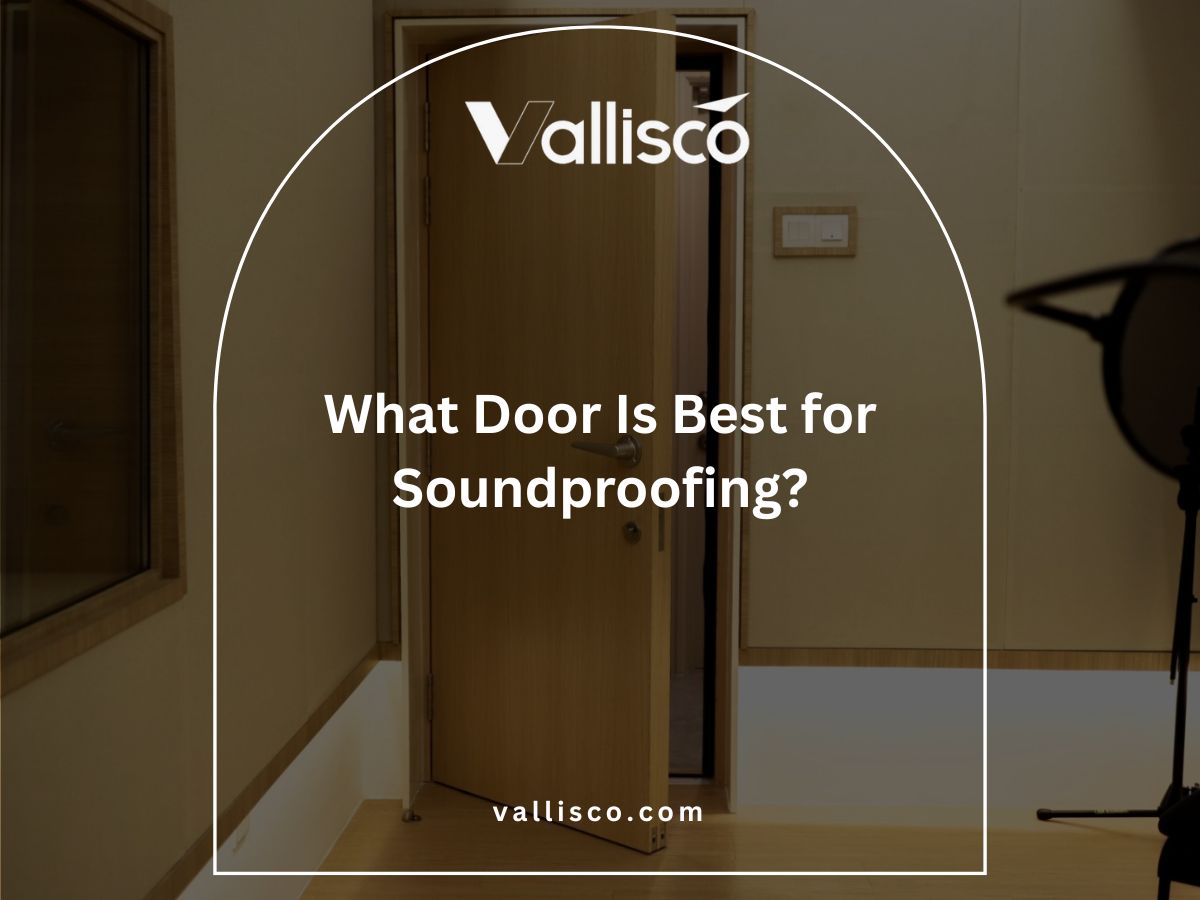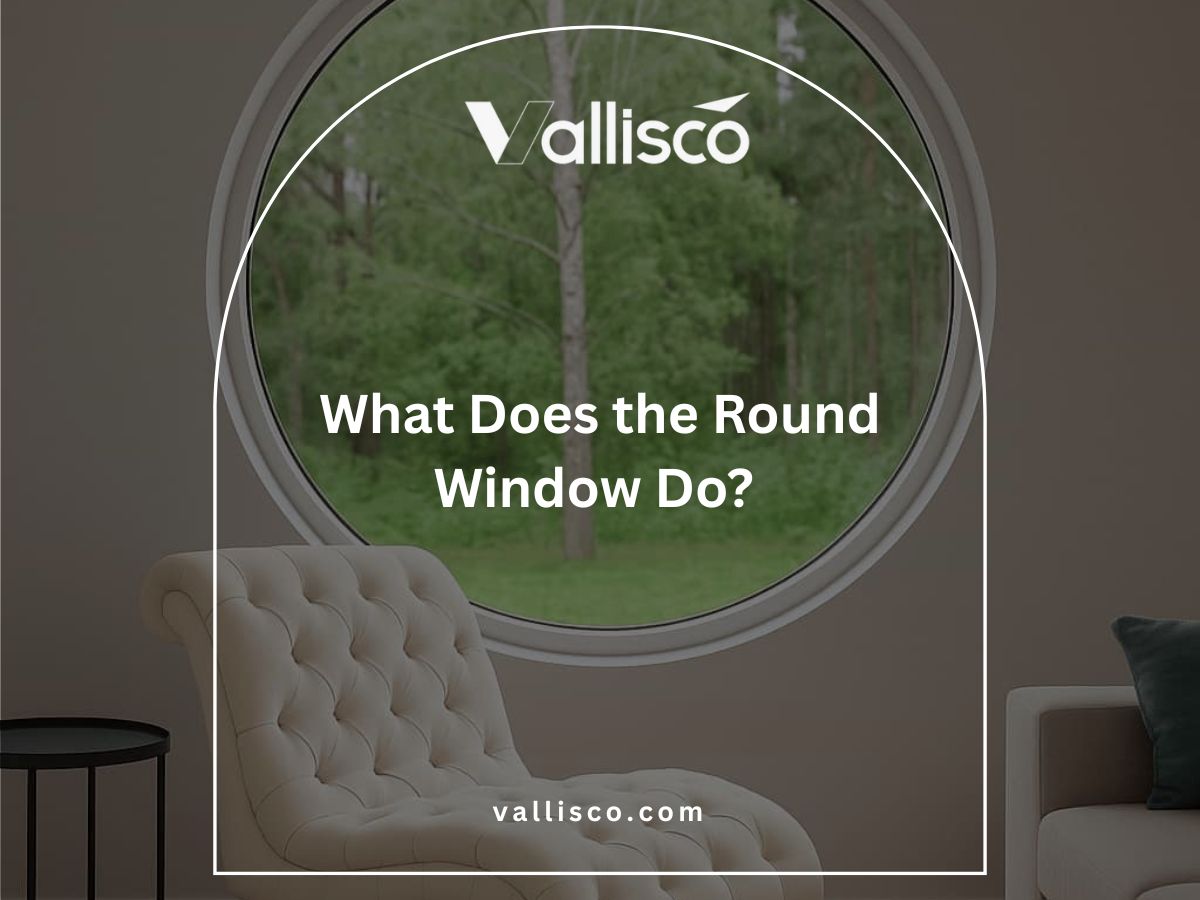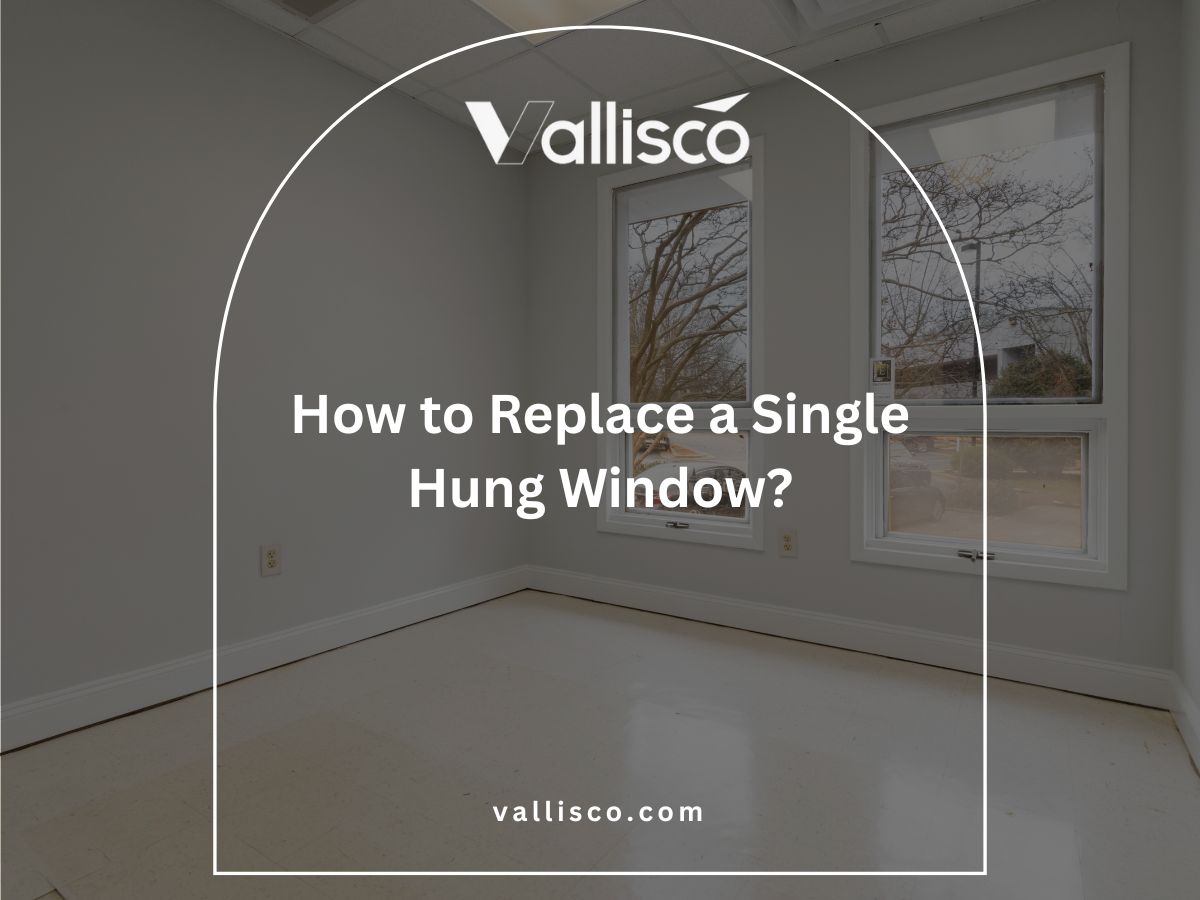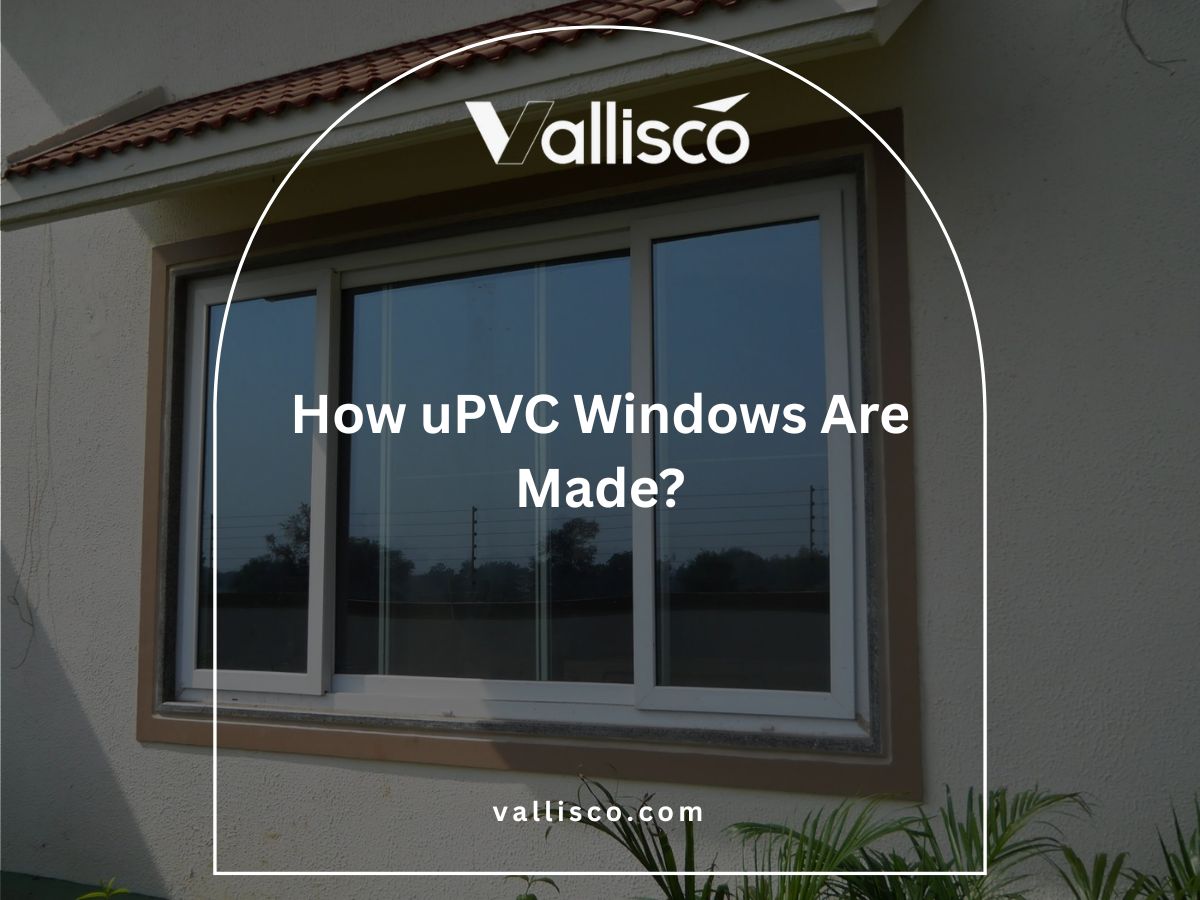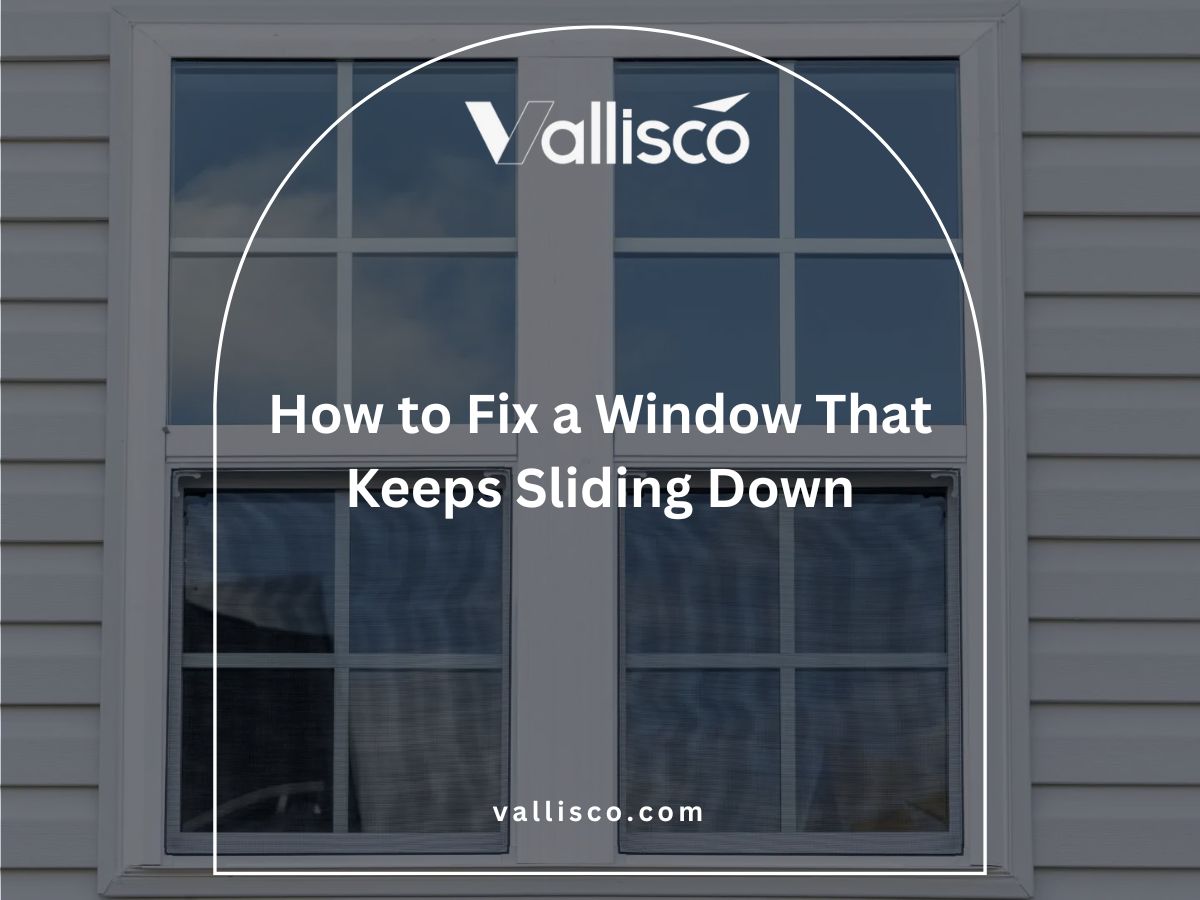Last year, a resort manager in Bali called us about noisy rooms near the street. Their guests complained about poor sleep. Replacing the old aluminum windows solved the problem and improved their reviews.
That made me think about how many other businesses are losing money or guests because of aging windows.
We work with property owners across Southeast Asia and Europe, supplying and replacing windows that meet both functional and design needs. Our recommendations are based on hands-on results, not guesswork.
In this article, you’ll learn:
- How often most windows need replacement
- What warning signs to watch for
- How climate and use affect lifespan
If you manage a property, you know the right windows can protect profits as much as they protect people from the weather.
So let’s begin!
1. Average Lifespan of Different Window Types
After hearing so many stories from property owners, I’ve noticed one thing: window lifespan isn’t the same for everyone. It depends on the material, the climate, and the type of property you manage. If you know how long each type usually lasts, you can plan ahead instead of reacting to problems.
Vinyl Windows
- Average Lifespan: 20–40 Years: Vinyl holds up well against moisture, which makes it a good fit for humid areas. I’ve seen some last decades without major issues when installed well.
- Low Maintenance: You don’t need to paint or stain vinyl. Just a regular clean keeps them looking good, which can save your staff time.
- Susceptible to Warping in Extreme Heat: In very hot climates, the frames may soften or warp over time. This can affect sealing and operation, so keep it in mind if your property gets strong sun year-round.
Wood Windows
- Average Lifespan: 15–30 Years (Longer with Care): With the right upkeep, wood can last far beyond the average. I’ve seen hotels with original frames still in use after 40 years.
- Classic Aesthetics: Wood has a warm, traditional look that suits villas, boutique hotels, and heritage properties. It adds character that other materials can’t fully match.
- Needs Regular Sealing/Painting: Without a protective finish, wood can rot or attract insects. Your maintenance team should plan for repainting or sealing every few years.
Aluminum Windows
- Average Lifespan: 20–30 Years: Strong and lightweight, aluminum is ideal for large window openings in hotels, greenhouses, or event spaces.
- Durable for Heavy Use: Aluminum handles frequent opening and closing well, which makes it a good fit for high-traffic areas.
- Prone to Condensation Without Thermal Breaks: In cooler climates, aluminum can get cold and cause moisture buildup inside. Choosing models with thermal breaks can help reduce this.
Fiberglass & Composite Windows
- Average Lifespan: 30–50 Years: These are among the longest-lasting options. They resist warping, swelling, and shrinking, even with temperature changes.
- Low Maintenance and Energy-Efficient: They need minimal upkeep and offer strong insulation, which can help cut heating and cooling costs for your property.
- Higher Initial Cost with Strong Long-Term ROI: The price upfront is higher, but over decades, the reduced maintenance and energy savings often outweigh the cost.
2. Signs Your Windows Should Be Replaced
Sometimes, the signs your windows need replacing are obvious. Other times, they creep up slowly until you’re dealing with bigger problems. I’ve walked through hotels and villas where the owners didn’t realize how much their old windows were affecting comfort and operating costs.
- Drafts or Air Leaks: If you feel air moving around the frame when the window is closed, it’s costing you money every day. Drafts make your heating and cooling systems work harder, which can add up fast in large properties.
- Visible Damage: Rotting wood, cracked frames, or bent tracks are clear warning signs. In some cases, I’ve seen insect damage in wooden frames that wasn’t caught until it spread. Once the structure is compromised, repairs may not be enough to restore performance.
- Condensation Between Panes: Fog or water droplets trapped inside double or triple glazing mean the seal has failed. This lowers insulation and can lead to moisture problems inside the property.
- Difficulty Opening or Closing: Windows that stick, jam, or feel heavy to move usually have frame alignment issues or worn-out hardware. Beyond the inconvenience, this can be a safety risk in emergencies.
- Rising Energy Bills: If your building’s energy use is climbing without any other clear cause, old windows may be part of the problem. Poor insulation forces heating and cooling systems to work harder.
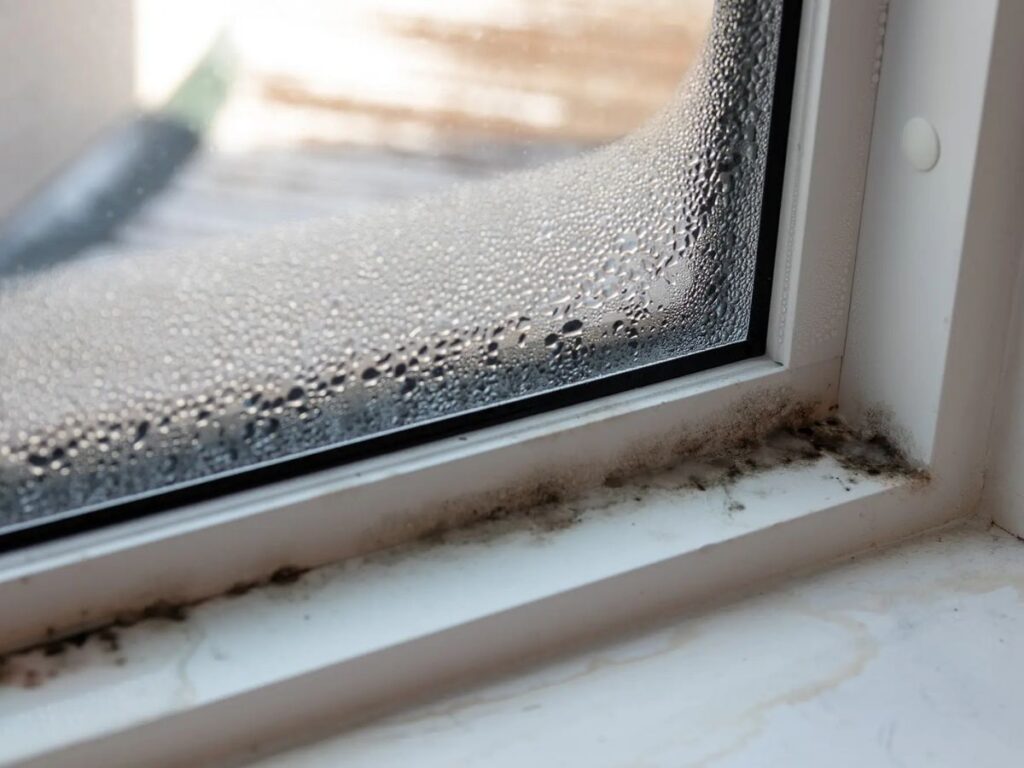
3. How Window Replacement Frequency Differs by Property Type
Different types of properties put different levels of stress on windows. I’ve seen villas in quiet areas keep their original frames for decades, while busy hotels need replacements much sooner. Knowing where your property fits helps you plan maintenance and budgets better.
| Property Type | Typical Replacement Frequency | Why It Differs |
| Hotels in Urban Areas | 15–25 years | Heavy daily use, noise control needs, and exposure to pollution can shorten window life. |
| Beachfront Resorts | 10–20 years | Salt air and humidity cause faster corrosion and wear, especially on metal frames. |
| Villas or Private Houses | 20–40 years | Lower use and easier maintenance schedules can extend lifespan, especially with good materials. |
| Greenhouses | 10–15 years | Constant exposure to moisture, temperature swings, and cleaning cycles speeds up wear. |
| Boutique Hotels in Heritage Buildings | 20–30 years | Replacement is often delayed to preserve aesthetics, but upkeep must be more frequent to prevent damage. |
Your property type shapes how often you’ll face window replacement. If your building is in a harsh environment or sees constant use, expect a shorter replacement cycle and plan your budgets accordingly.
4. Factors That Impact Window Longevity
Windows don’t last the same length of time for every property. The material and quality matter, but so does how and where they’re used. I’ve seen 2 identical windows, one in a quiet inland villa, the other in a coastal hotel, age at completely different rates.
Climate and Environment
The weather around your property can speed up or slow down wear. High humidity, heavy rain, or salt air near the coast can break down seals and corrode frames faster. In colder regions, freezing and thawing cycles can cause cracks or loosen joints.
If your property is in a windy area, airborne dust and sand can scratch glass and damage moving parts. Over time, these small issues build up and shorten the lifespan of the window. That’s why location plays a big role in planning replacement timelines.
Quality of Installation
Even the best window won’t perform well if it’s installed poorly. I’ve been called to inspect windows that were only a few years old but already had gaps, leaks, or frame distortion, all because of improper installation.
Correct alignment, sealing, and fastening matter for both performance and durability. Vallisco manufactures windows built to exact standards, which makes proper installation easier and performance more reliable. This is one place where cutting corners can cost more in the long run.
Maintenance Practices
Regular upkeep is one of the simplest ways to extend window life. Cleaning frames, checking seals, and repairing small issues early can prevent bigger, more expensive problems.
For wood frames, repainting or sealing every few years protects against rot and insect damage. For aluminum or vinyl, cleaning tracks and lubricating hardware helps with smooth operation and reduces strain on moving parts. A maintenance plan can be the difference between replacing windows in 15 years or in 30.
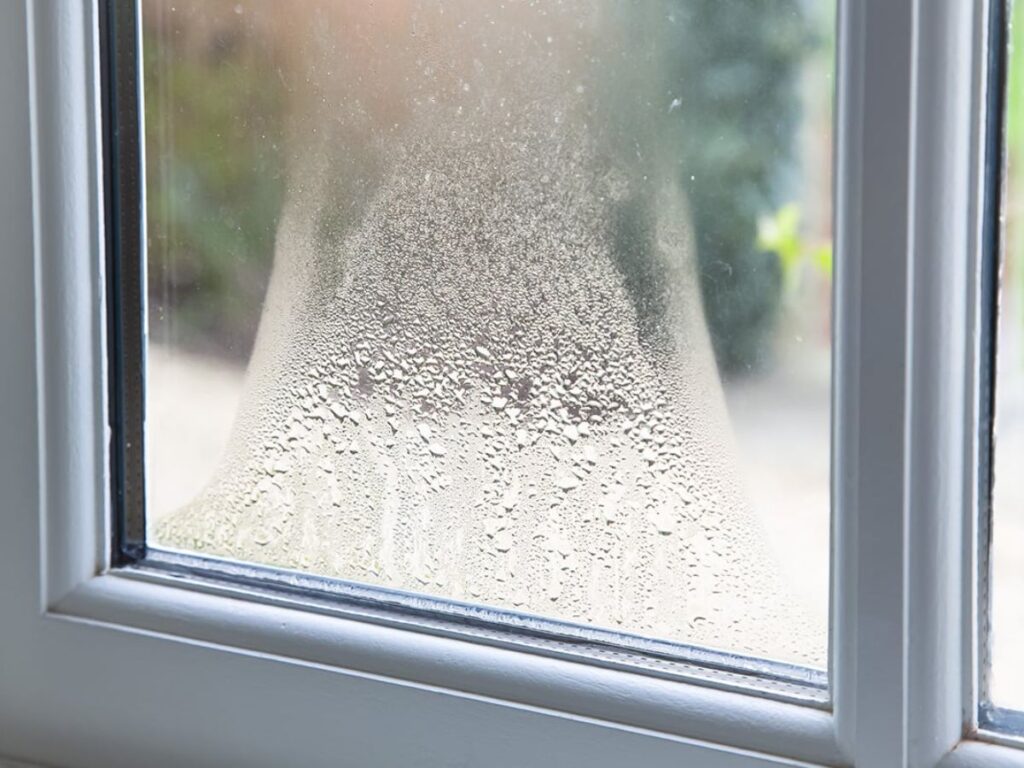
5. How to Extend the Life of Your Windows
Replacing windows is an investment, so it makes sense to get the most years out of them as possible. I’ve worked with hotels, villas, and resorts that kept their windows in top shape for decades just by following a few simple habits. With the right approach, you can delay replacement without sacrificing performance.
Schedule Regular Inspections
Set a routine to check your windows at least twice a year. Look for cracks, loose seals, or signs of water damage around the frames. In busy properties like hotels, high-use windows may need checking more often.
Catching problems early means you can fix them before they become bigger issues. It’s much cheaper to replace a seal or tighten hardware than to deal with full frame replacement. Inspections also help you track gradual wear so you can plan ahead for replacements.
Clean and Maintain Moving Parts
Dirt, dust, and grit can build up in tracks and hinges, making windows harder to operate. Over time, this extra strain wears down hardware and can even damage frames.
A simple cleaning schedule, wiping down tracks, removing debris, and lubricating moving parts, can keep operation smooth. In properties with a lot of guest traffic, this should be done more often to prevent premature wear. Clean parts also make a better impression on guests and clients.
Protect Against Environmental Damage
The environment your property is in will determine which protective measures matter most. In coastal areas, rinsing frames with fresh water helps remove salt buildup that can corrode metal. In colder regions, checking for ice buildup around seals can prevent cracks.
For wood frames, regular sealing or painting protects against moisture and insect damage. For aluminum or fiberglass, look for signs of corrosion or fading and address them quickly. Small preventive steps like these extend lifespan and keep the property looking professional.
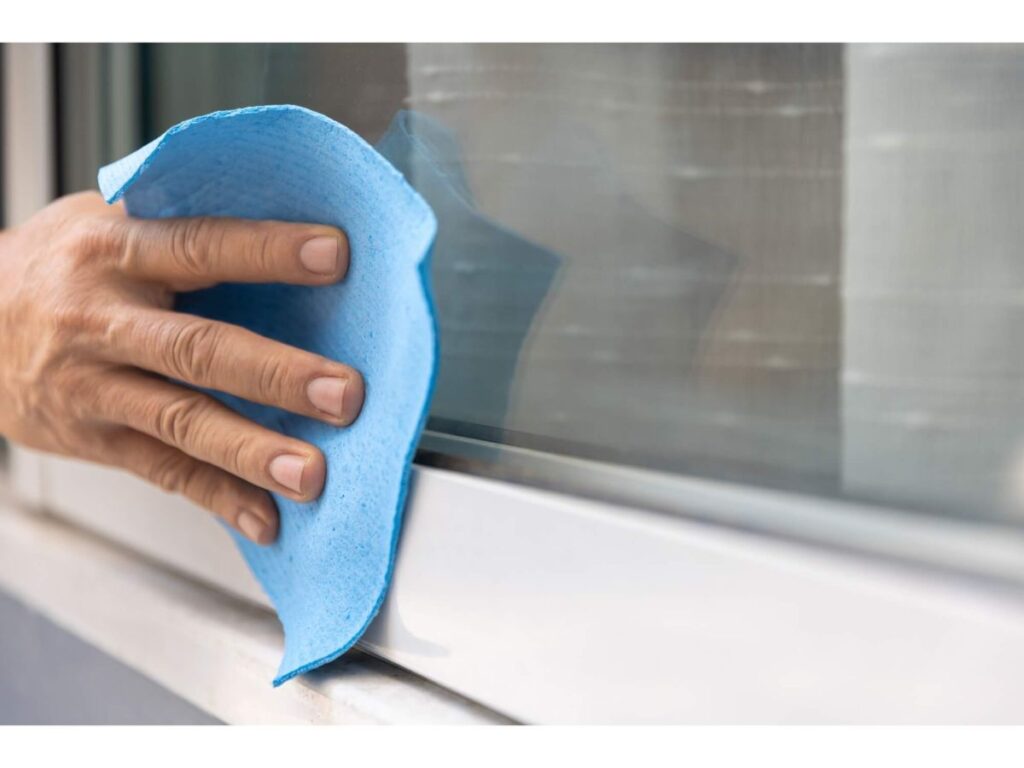
6. Benefits of Timely Window Replacement
I’ve met many property owners who waited too long to replace their windows. By the time they acted, they were already dealing with higher bills, unhappy guests, or even water damage. Replacing on time avoids those headaches and brings real benefits to your business.
- Lower Energy Costs: Modern windows offer better insulation. This means your heating and cooling systems don’t have to work as hard, which can reduce operating costs year-round. In larger properties, even a small drop in energy use adds up quickly.
- Improved Guest Comfort: Draft-free, quiet rooms create a better experience for guests. When rooms are more comfortable, you’re likely to see better reviews and repeat bookings, which directly affects revenue.
- Reduced Maintenance and Repairs: Old windows can cause recurring issues like leaks, stuck frames, or damaged finishes. New windows mean fewer service calls for your maintenance team and less downtime for affected rooms or areas.
- Enhanced Property Appearance: Fresh windows give the whole building a cleaner, more modern look. This matters when attracting new guests or clients, and it helps keep your property competitive in your market.
7. 4 Tips for Choosing the Right Replacement Windows
Choosing replacement windows is more than just picking something that looks nice. The right choice can improve efficiency, comfort, and long-term value for your property. I’ve seen business owners regret rushing the decision, so it pays to think through the details.
#1 Match the Window to the Property’s Use
A window that works for a quiet villa may not hold up in a high-traffic hotel or humid greenhouse. Think about how often the windows will be opened and closed, and how much exposure they’ll have to weather.
If your property faces heavy guest use or frequent cleaning, choose materials and hardware built for durability. For example, aluminum or fiberglass may handle the workload better than wood in busy spaces. Matching the window to the demands of the property will extend its lifespan and keep it performing well.
#2 Focus on Energy Performance
Energy efficiency is one area where modern windows can make a big difference. Look for glazing options, frame materials, and seals that provide strong insulation for your climate.
In colder areas, double or triple glazing can help retain heat. In hotter climates, low-emissivity glass can reduce heat gain and ease the load on cooling systems. While the initial cost may be higher, the savings in operating expenses can make up for it over time.
#3 Consider Maintenance Requirements
Some materials need more upkeep than others. Wood may be a beautiful choice for boutique hotels or heritage buildings, but it needs sealing or painting every few years. Vinyl and fiberglass, on the other hand, require little more than cleaning.
Think about your maintenance team’s workload and budget. A low-maintenance material can reduce both labor time and supply costs, freeing resources for other parts of the property.
#4 Work with Experienced Suppliers and Installers
Even the best window will underperform if it’s not installed properly. Poor fitting can lead to drafts, leaks, or operational problems. That’s why choosing an experienced supplier and installer is as important as the window itself.
Look for companies with proven experience in your property type and climate. They’ll understand the specific challenges you face and can guide you toward solutions that work long-term. Vallisco manufactures windows built for different climates and property needs, which can help you choose the right fit from the start.
Conclusion
That resort manager in Bali saw a big change after replacing those noisy old windows, better guest reviews and fewer complaints.
Your property could see the same benefits. From lifespan ranges to warning signs, you now know what to look for and when to act.
The right timing protects your budget and your building’s comfort. If it’s time to start planning, Vallisco can supply the windows that match your climate and property type.
Don’t wait for small issues to grow into costly problems. Contact us today and let’s find the right replacement windows for your needs.
More Guides and Tips to Explore
For more helpful content, explore our collection of recommended reads:
Still haven’t found what you’re looking for? Don’t hesitate to contact us. We’re available around the clock to assist you.


